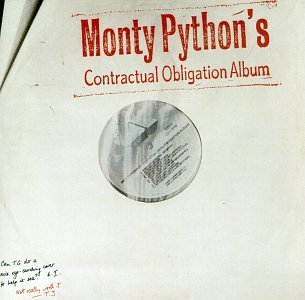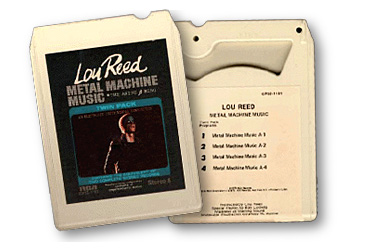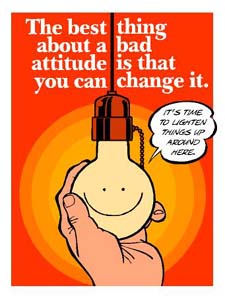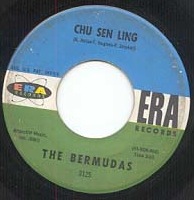Greetings, fellow seekers of the weird, the wonderful and the purportedly worthless! As RTH slogs its way through the merits of various over-produced girl groups from the ’80s, ’90s, and beyond, I thought I’d take a moment to showcase a couple of singles I found while scouring the bins at a local flea market.
First up: The Goodees, a girl group signed to Stax’s “Hip” sub-label as a result of winning a local talent contest in Memphis. Some of you might be familiar with their extremely modest hit “Condition Red” — but it was the B-side, “Didn’t Know Love Was So Good”, that really got me. That Isaac Hayes piano stab after the start of every verse — dang! Just goes to show you how one simple part can really make or break a tune.
Here’s my second thrifty find of the girlie variety: “Chu Sen Ling”, by oriental girl group The Bermudas. Or… wait. Not an oriental girl group. Turns out, the “Bermudas” — as well as The Majorettes, The Georgettes, Joanne & The Triangles, and Beverly & The Motorscooters — were all fake “bands” created by Los Angeles musical entrepreneur Rickie Page to showcase the talents of her immediate family. I’ll let Spectropop continue the story; it is a fascinating one:
This particular outfit comprised Rebecca (Becky) Page, her older sister Joanna, their mother Rickie and Susie Kuykendoll, Rickie’s sister. Rebecca shared lead vocals with Rickie, whose oldest daughter Sheilah sometimes took her place in photos of the group. In 1957 Rickie Page had begun a stream of recordings using her own name for every label under the California sun, not to mention some in Nashville. She also waxed as a member of the Jordanaires, the Spectors Three and Bobby ‘Boris’ Pickett’s Crypt-Kickers; factors which make her one of the unsung heroines of the early-1960s Los Angeles scene. Rickie is still active in the music business, composing songs from her base in Fresno, California.
Anyhow, for me, the point is: I love this song!
Folks, I’m busy these days, so it’s hard for me to wax philosophic on this kind of thing, but I do have one far-ranging, and hopefully revealing, question for all of you: in one sentence, what purpose do “girl groups” serve?
I look forward to your responses.
HVB







